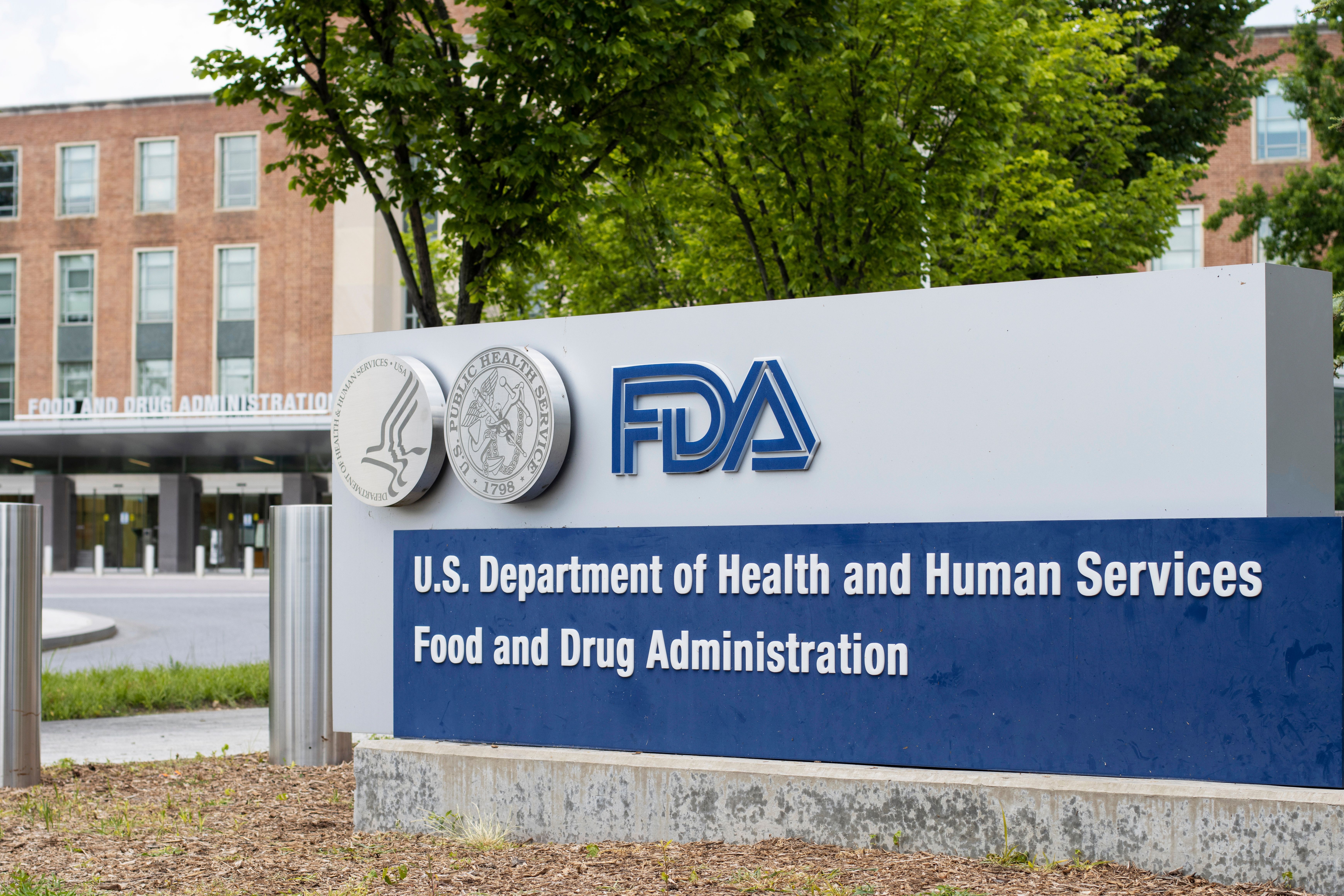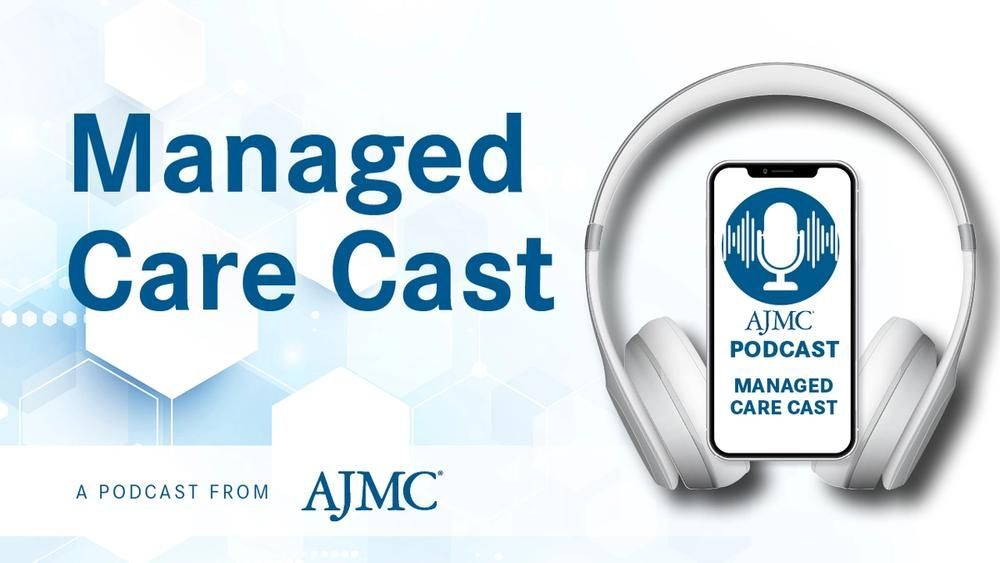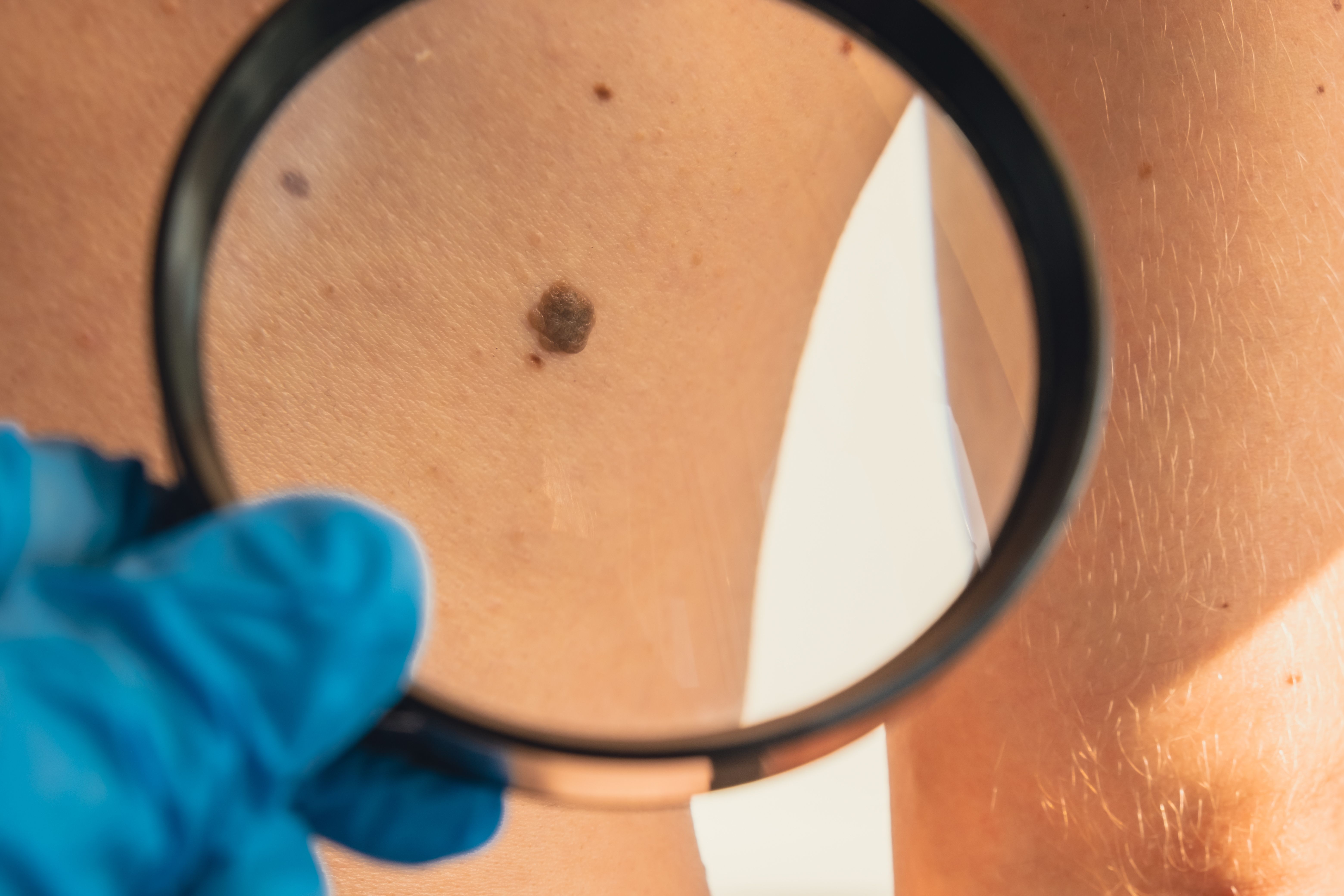Video
Introduction: Patient-Centered Care in Oncology
During the opening segment of this program, part of the Oncology Stakeholder Summit, Spring 2015 series, program moderator Bruce Feinberg, DO, asks managed care stakeholders to provide their insight about the role, impact, and future of patient-centered care in oncology.
When asked about the concept of patient-centered medicine, Brian Kiss, MD, explains that the term “patient-centered” can be overused and thus lose its meaning. Dr Kiss defines patient-centered care as a model that looks at the patient and creates a care system that meets the patient’s needs, rather than a model that fits the patient into an established care system. He adds that identifying the real needs of each patient is an important part of the patient-centered care model.
Scott Gottlieb, MD, explains that he expects patient-centered care to be driven by payment reform. Because it is difficult to establish measures for evaluating quality of care and outcomes, Dr Gottlieb suggests that patient surveys and discussions with patients about their experiences in the healthcare setting may help link payment to performance.
As the panelists discuss their expectations regarding patient-centered care’s future role in oncology, Ted Okon, MBA, explains that it will be important to focus not only on the physician but on the entire care team, as well as on the patient. Mr Okon notes that although the physician is key to directing care, the patient should be at the center of the processes of the practice. This can help the entire healthcare practice converge on the needs of the patient.
Michael Kolodziej, MD, and Dr Gottlieb expect that as the patient-centered care model continues to evolve, it will have a positive influence on patient experiences and outcomes, and on drug development.




